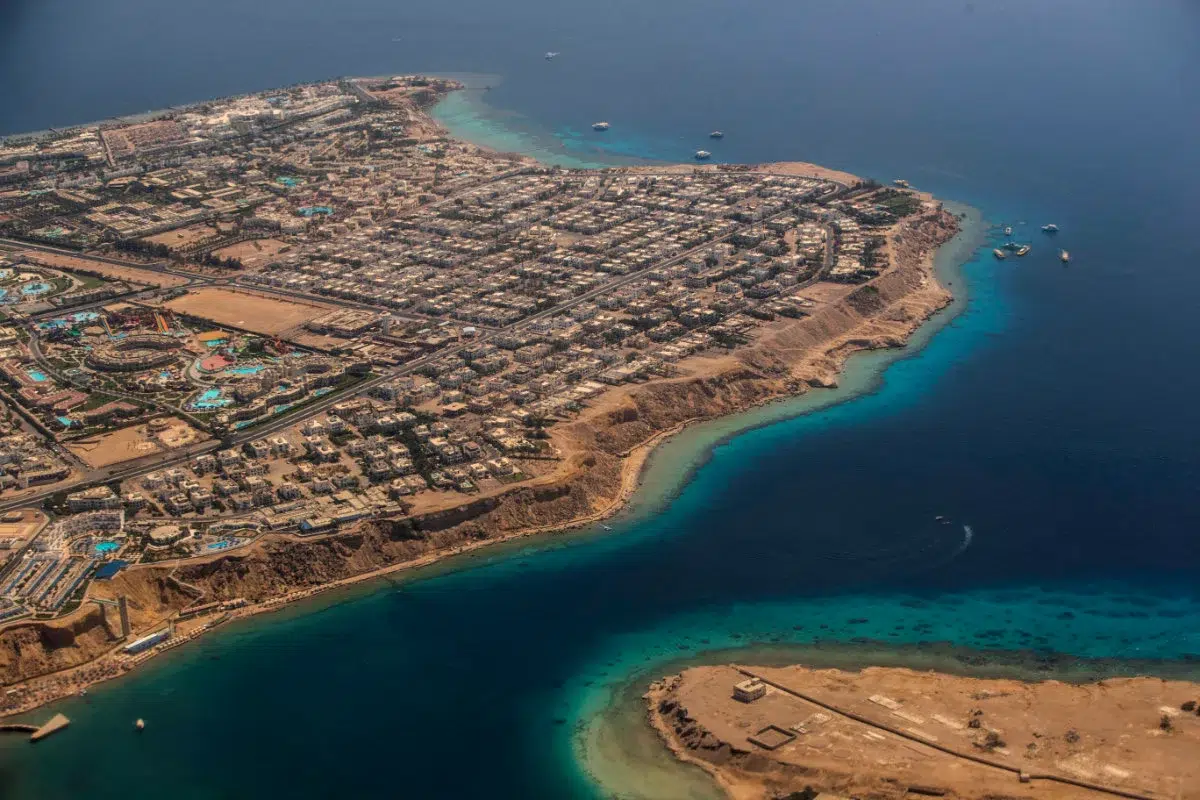
COP27: The growing recognition of climate change as a threat to international security
Climate change is transforming the way we think about security. The scenarios facing us are alarming; scarce resources — whether energy, water or arable land — could lead to a breakdown in established codes of conduct, and even to outright conflict. Our increasingly unstable climate is no longer seen as primarily an environmental or economic issue.
The UN Security Council first discussed climate change as a threat to peace and security during a 2007 open debate, where the Member States argued that it can ‘exacerbate some of the core drivers of conflict’. In 2011, the Council expressed concern that climate change’s possible adverse effects, ‘may, in the long run, aggravate certain existing threats to international peace and security.’
Meanwhile, those adverse effects are already being felt, posing numerous challenges to countries’ resilience. In Africa’s Lake Chad region, desertification and climate change have contributed to the loss of traditional livelihoods, allowing extremist groups such as Boko Haram to enter the picture and provide the region’s residents with other sources of subsistence, leading the UNSC in 2017 to recognise that the ‘adverse effects of climate change and ecological changes’ contributed to the region’s instability. In Somalia, those displaced by climate events within the country have clashed with locals and been susceptible to recruitment by armed groups. In Sudan, the government has been undermined due to an inadequate response to climate events. Eight of the 15 countries most vulnerable to climate change are hosting UN peacekeeping or special political missions.
It is therefore quite clear that the effects of climate change have directly contributed to insecurity and instability. These cases demonstrate that climate change can be a significant driver of conflict in any country or region where populations are dependent on natural resources for livelihoods; it can reduce people’s ability to earn a living, increase competition for dwindling resources, cause mass displacement, and facilitate extremist groups’ recruitment and implantation.
Considering climate change’s potential to drive conflict and negatively affect a wide range of internationally recognised human rights, the international community must address climate change in relation to international peace and security. The upcoming COP 27 summit provides an important platform to formulate recommendations to improve national capacity to mitigate climate-related peace and security risks and to take steps to reduce the impact of climate change across the globe.
This year, international climate negotiations are taking place in Sharm El Sheikh, Egypt. Hosting COP27 in an African country is intended to represent a win for climate justice as it should make attendance more accessible to activists and advocates from the region. However, being a region impacted by climate change, the chance of conflict, demonstrations or protest activity is high.
At Priavo Security, we specialise in managing risk in complex and challenging areas. Our journey management capability safeguards travellers, fulfilling compliance and ensuring that emerging incidents are monitored and dealt with appropriately. We have extensive operational experience across Egypt, with an established and longstanding network of security providers that adhere to international standards. Following a busy and successful engagement at the COP 26 summit, our experience gives us a strong perfect foundation to ensure the security of attendees to this year’s summit.
Services include fully comprehensive operational planning, risk assessments, intelligence reporting and in-country support – including close protection, security trained drivers and vehicles.
For more information please click here, email enquiries@priavosecurity.com or call +44 (0) 20 7315 4221.
SOURCE: https://www.universal-rights.org/blog/climate-change-a-threat-to-international-peace-and-security/.
